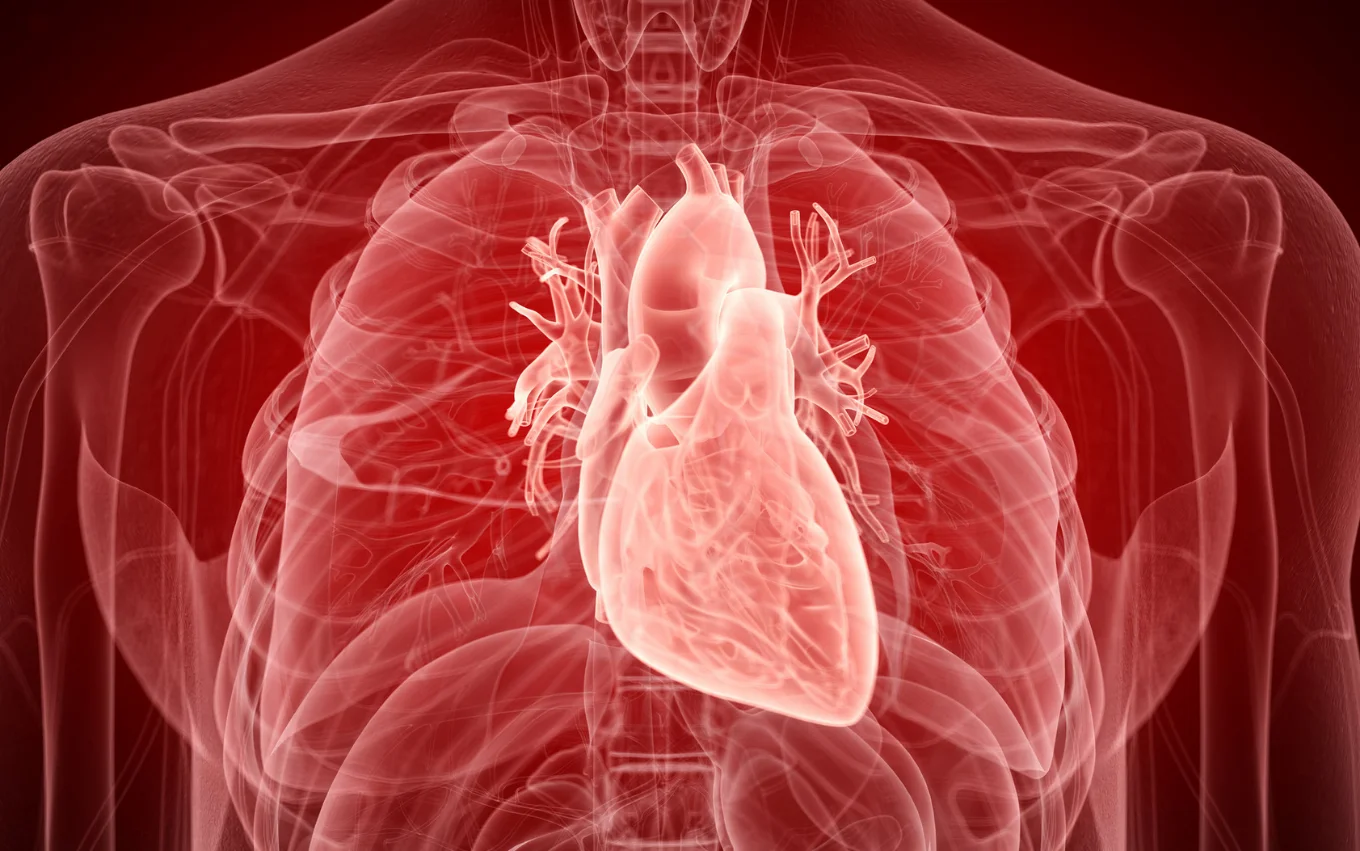Heart Disease Management in Melbourne

Heart disease continues to be one of the most common health challenges in Australia and worldwide. For people in Melbourne living with heart disease, or those supporting a loved one, understanding the condition and knowing what treatment options are available is essential for long-term wellbeing. There are different ways heart disease can be managed, from lifestyle changes through to advanced medical care, we look at how Cardiology Specialists Melbourne can support you.
Understanding Heart Disease
“Heart disease” is an umbrella term that covers several conditions affecting the heart’s structure and function. Common examples include:
- Coronary artery disease – narrowing or blockage of the arteries that supply blood to the heart, often leading to chest pain (angina) or heart attacks.
- Arrhythmia – irregular heart rhythms that may cause palpitations, dizziness, fainting, or, in severe cases, sudden cardiac arrest.
- Valvular heart disease – where one or more of the heart’s valves do not open or close properly, placing extra strain on the heart.
Symptoms can vary, but may include chest pain, breathlessness, fatigue, or swelling in the legs and abdomen. Identifying the type of heart disease is the first step towards effective management and preventing complications such as stroke or heart failure.
Lifestyle Approaches
For many people, managing heart disease starts with adopting healthier habits. Simple but consistent lifestyle changes can reduce symptoms and slow disease progression. These include:
- Following a balanced, heart-healthy diet low in saturated fats, processed foods, and excess salt
- Keeping a healthy weight
- Engaging in regular physical activity suited to your condition
- Stopping smoking
- Managing stress effectively
Here in Melbourne, cardiologists often recommend cardiac rehabilitation programs to provide tailored advice on exercise, nutrition, and emotional support. These lifestyle adjustments are usually the first line of defence and play a vital role even when further medical treatment is required.
Medical Management
Medications are a cornerstone of heart disease treatment. Depending on your diagnosis, your cardiologist in Melbourne may prescribe:
- Blood pressure medications to reduce strain on the heart
- Statins to lower cholesterol
- Blood thinners to prevent clots
- Specific drugs to regulate heart rhythm in cases of arrhythmia
These therapies are carefully matched to your condition, with the goal of improving heart function and lowering the risk of serious events such as heart attacks or strokes. In most cases, medications are combined with lifestyle changes for the best long-term outcomes.
Procedures and Advanced Treatments
When medication alone is not enough, certain procedures may be recommended. These can include:
- Angioplasty and stenting to restore blood flow through blocked arteries
- Valve repair or replacement, sometimes performed using minimally invasive approaches such as transcatheter aortic valve implantation (TAVI)
- Pacemaker or defibrillator implantation for patients with significant arrhythmias
At Cardiology Specialists Melbourne, advanced diagnostic tools such as coronary angiography and cardiac CT scanning help guide treatment decisions and ensure care is tailored to each patient’s needs.
Partnering with Cardiology Specialists Melbourne
The team at Cardiology Specialists Melbourne, led by Professor Dion Stub, provides comprehensive, patient-focused care. By combining lifestyle support, medical management, and access to advanced procedures, we ensure that patients receive a holistic plan designed to support their long-term heart health.
Our specialists work closely with GPs, dietitians, physiotherapists, and other healthcare professionals to provide continuity of care. This collaborative approach helps patients feel supported through every stage of their journey.
When to Seek Help
If you notice new or worsening symptoms such as chest pain, shortness of breath, palpitations, fainting, or unexplained fatigue, it is important to seek medical attention quickly. Early diagnosis and intervention can make a significant difference to your outcome.
You should also consult a cardiologist if you have a strong family history of heart disease, or risk factors such as high blood pressure, diabetes, or high cholesterol.
Managing Heart Disease for the Long Term
Heart disease management is ongoing, not a one-off event. Regular reviews, check-ups, and investigations such as ECGs, echocardiograms, and blood tests help monitor your progress and adjust treatment as needed.
With the right guidance and a personalised care plan, many people with heart disease are able to lead active, fulfilling lives. Heart disease management in Melbourne is supported by world-class expertise and accessible treatment options, giving patients and families the confidence to face the future with hope.
